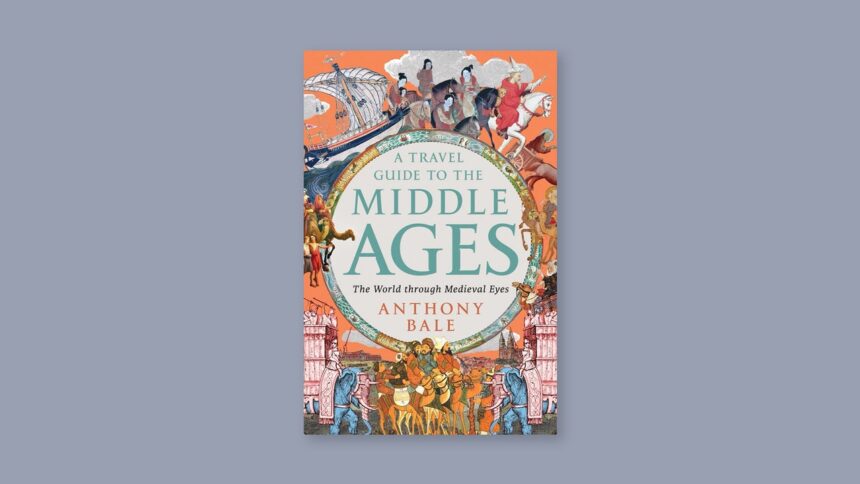Knife, by Salman Rushdie (Random House). In August, 2022, more than thirty years after the Ayatollah Ruhollah Khomeini issued a fatwa ordering the killing of Salman Rushdie, an assassin came running at him. The man stabbed Rushdie as he was addressing an audience in Chautauqua, New York, and kept on doing so for nearly half a minute. Rushdie’s first thought was “So it’s you.” His second thought was “Why now?” Rushdie’s short masterpiece is a memoir about almost dying, the miracle of surviving, and being reconciled to a threat that could not be forgotten or outrun: “Living was my victory. But the meaning the knife had given my life was my defeat.” Ultimately, his account is an inspiration. “After the angel of death, the angel of life.”
A Travel Guide to the Middle Ages, by Anthony Bale (Norton). The late-medieval traveller, it was said, always needed two bags: one full of money, one of patience. Such wisdom fills the pages of this immensely entertaining history, which is constructed around medieval guidebooks and travelogues, and highlights dazzling destinations like Constantinople and Rhodes under the Knights Hospitaller. Pilgrimage was a common reason people left home; by 1350, travellers could book a tour to Jerusalem that included transportation, meals, and currency exchange. Yet, as Bale shows, their experience of travel was not one we would entirely recognize. As one pilgrim put it, in 1384, “No one should travel who does not desire hardship, trouble, tribulation and the risk of death.”
Illustration by Rose Wong
Discover notable new fiction and nonfiction.

